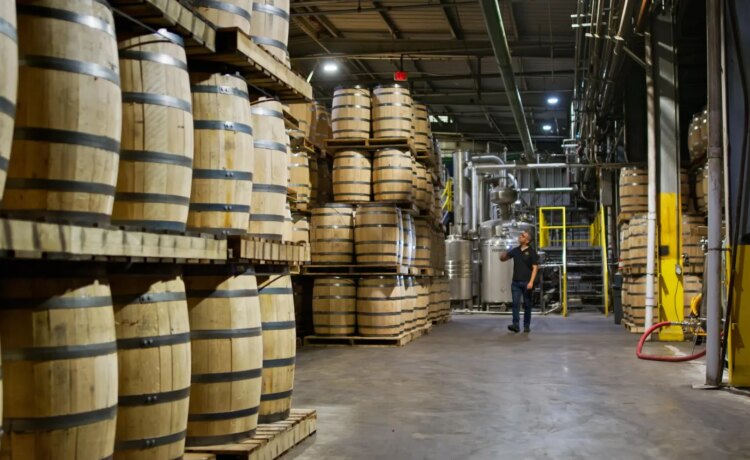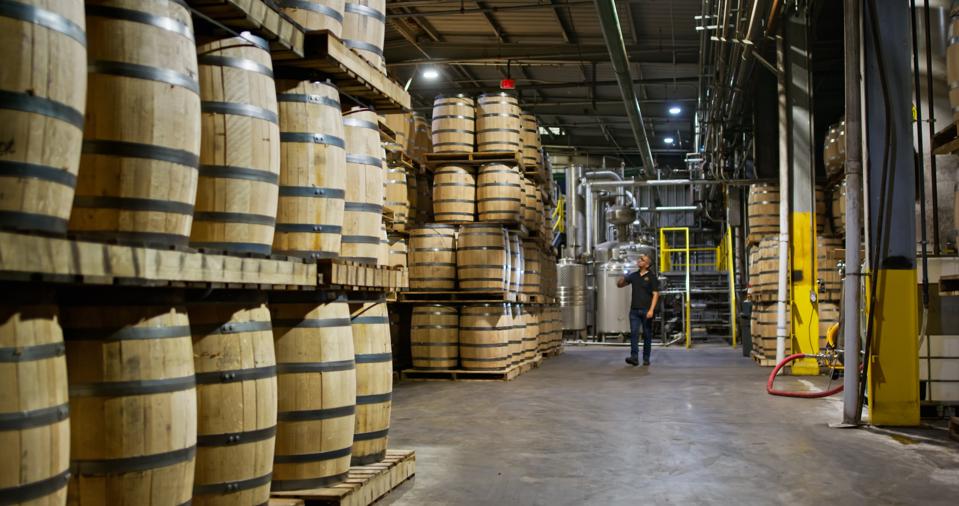Paul Kopec is the CEO of Speyside Capital and brings 25+ years of experience across international business and financial markets.
In a year marked by stock market volatility and shifting interest rates, some investors are once again turning toward alternative assets. But this time, the motivation is not just diversification or hedging. For many, I’m finding it’s about something more personal: pride in ownership.
The Reality Behind Tangible Luxury
Over the past decade, exclusive luxury goods have been embraced as investment vehicles, from collectible handbags and limited edition watches to fine art and rare wine. The secondhand luxury market has grown in recent years. Meanwhile, the global luxury sector has faced a slowdown, with major maisons such as Louis Vuitton and Gucci reporting headwinds, despite appetite continuing to grow in some parts of Asia and the Middle East.
The whisky collectibles market has followed a similar arc. Between 2020 and 2022, rare bottles saw notable gains, with indices like the Rare Whisky Icon 100 Index rising steeply.
Over the past two years, prices have softened—not collapsing, but normalizing—leaving valuations lowered compared to pandemic peaks and far more attainable for new entrants. Today, the market sits in a more balanced place: not overheated but still defined by scarcity. Much like a classic car that is no longer in production, once the rarest bottles or casks are gone, they are gone forever.
Understanding Whisky Investing
Collectibles such as cars, art and watches appeal to buyers for a number of reasons. They might carry beauty, cultural prestige and, under the right conditions, investment potential. Whisky belongs in this category, too.
Rare casks and collectible bottles combine heritage, craftsmanship and rarity. Some leading distilleries tightly restrict cask availability, which means existing inventory in the market is finite by definition. That scarcity creates a type of value built not only on potential appreciation but also on narrative. Ownership itself can carry prestige and meaning, whether resale is ever the goal.
Unlike many collectibles where usage diminishes value—mileage on a car, wear on a watch or the opening of a fine wine—ultra-rare whisky casks are unique. Their very maturation is the source of appreciation. Owners can draw from a cask, bottle for a milestone or taste during ageing, while the remaining spirit continues to increase in depth, character and value. It is one of the rare asset classes where use deepens connection without undermining financial trajectory.
The Risks Beneath The Romance
Of course, pride-based ownership comes with challenges. Whisky casks, unlike a watch or painting, require specialist storage and insurance. They are also illiquid; finding a buyer can take time, and markets can shift. The possibility of renewed over-popularity, as seen in the pandemic surge, is another risk. For those drawn to ownership purely for enjoyment, costs and logistics may outweigh any financial upside.
That said, these risks don’t make whisky casks unviable; they simply mean investors need to approach the category with clear eyes. New entrants should ask themselves two questions:
1. Am I comfortable holding this asset for the long term?
2. Do I value the cultural and experiential aspects as much as the potential return?
If the answer is no, a more liquid asset class may be a better fit.
Best practices also help to mitigate risk. Work with reputable brokers or portfolio managers who are fully licensed, and ensure transparency around storage, insurance and exit strategies. Diversifying across distilleries and cask types, rather than betting on a single cask, can also provide balance.
The Broader Perspective
Ultimately, for investors, whisky casks may be rewarding, both emotionally and financially—but only for those who take a disciplined, well-informed approach.
And for leaders navigating competitive industries, the whisky market illustrates a broader business principle: the power of scarcity. Distilleries that carefully ration cask releases maintain demand and cultivate long-term prestige. The same dynamic can apply to any luxury brand. Whether through limited runs or bespoke editions, creating products that are finite and differentiated can transform perception and sustain value.
Whisky serves as a reminder that scarcity and storytelling can be as powerful as scale. The lesson is not to mimic whisky as an investment, but to understand how rarity, narrative and pride of ownership can shape markets.
The information provided here is not investment, tax or financial advice. You should consult with a licensed professional for advice concerning your specific situation.
Forbes Business Council is the foremost growth and networking organization for business owners and leaders. Do I qualify?



